The promotion of non-discrimination needs to be formally mainstreamed throughout public administration. This brief examines a limited selection: citizens? charters, public procurement, positive duties, institutional culture, artificial intelligence, workforce diversity, schools of public administration, and public audits.
SDG #8: Decent work and economic growth
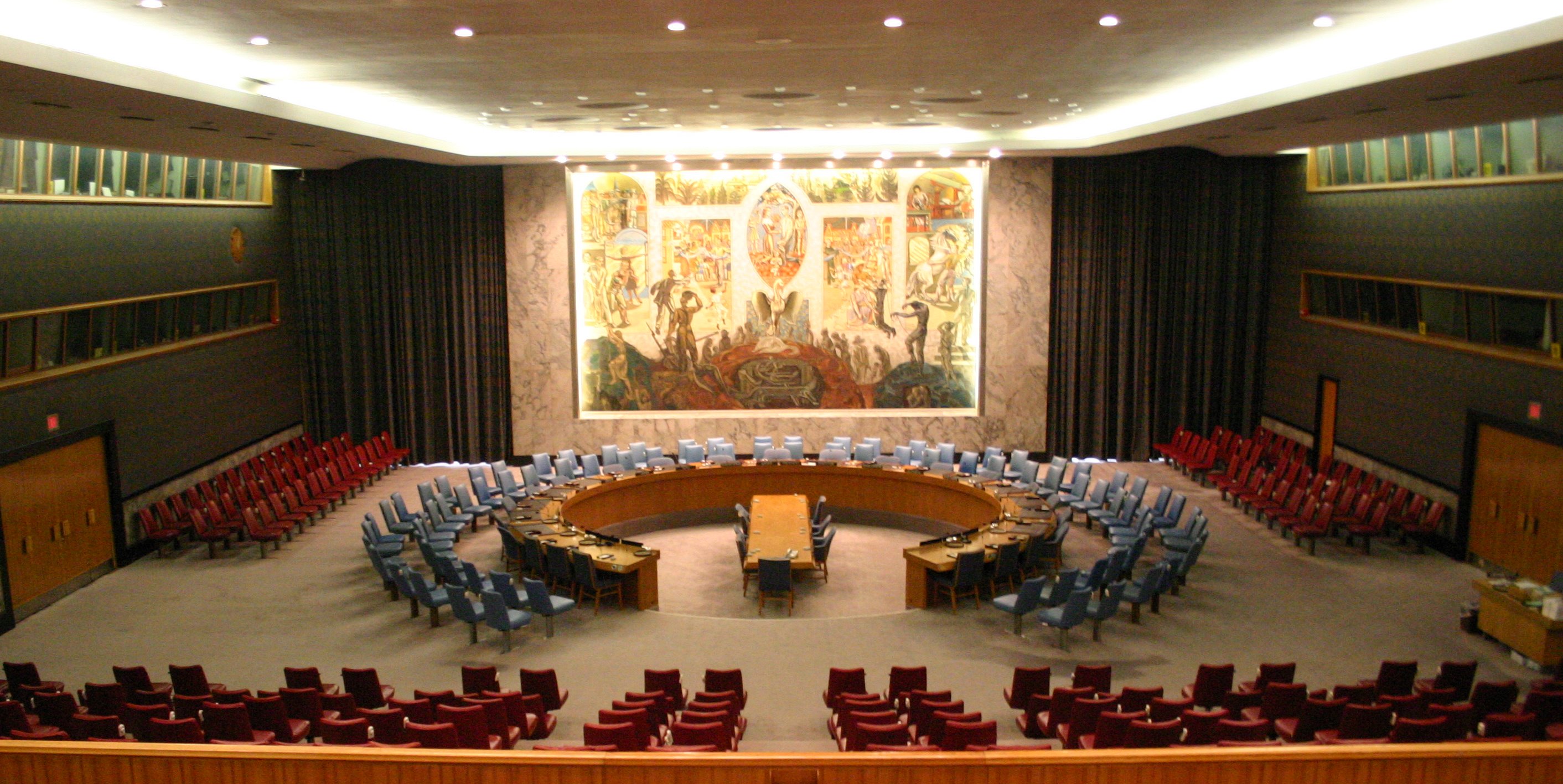
Developing countries will need reliable access to affordable financing, and also need to manage and use these resources well to translate financing into SDG progress, enhanced productivity and fiscal capacity to service debt.
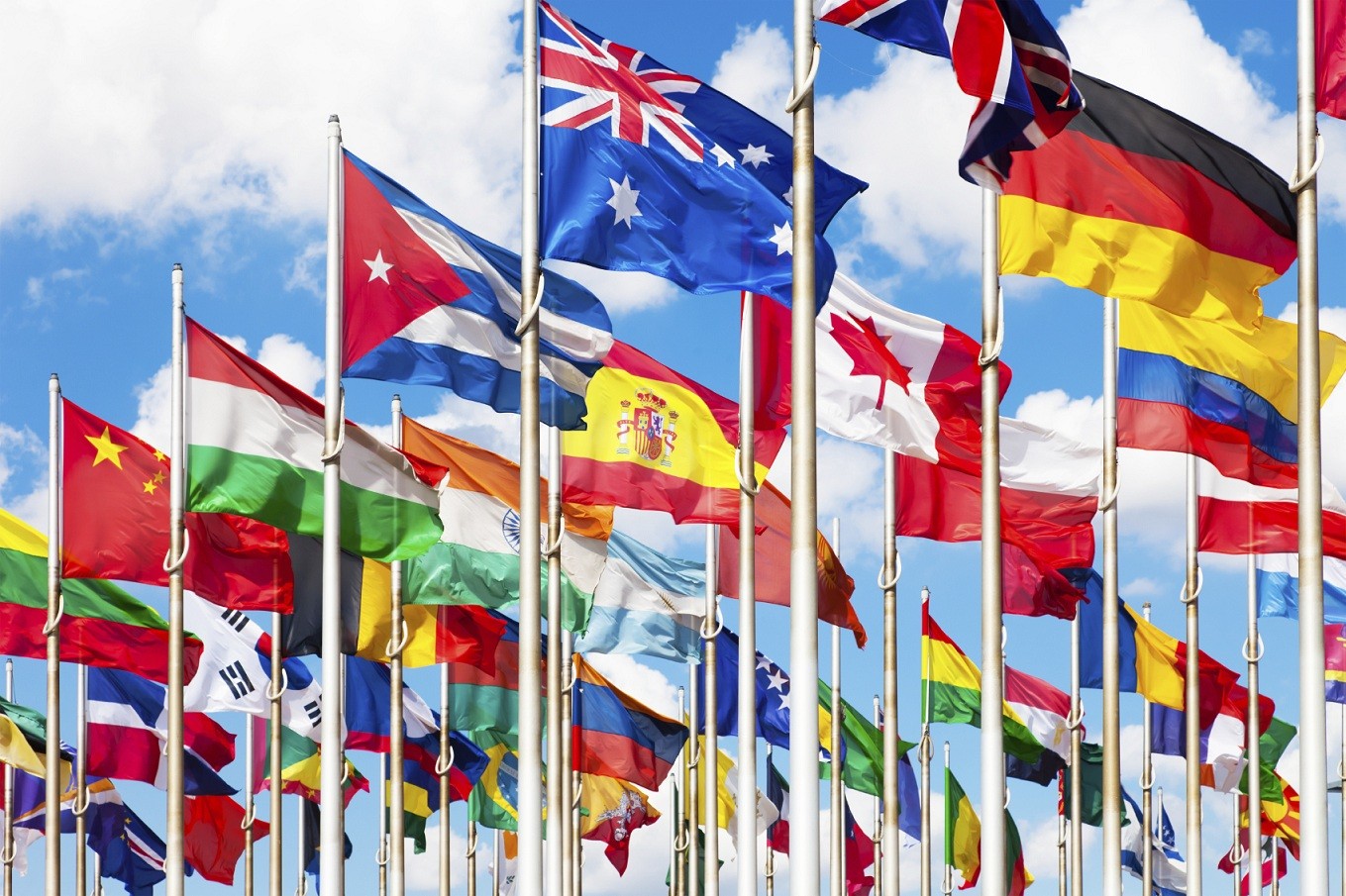
While they have been touted for their potential to increase the efficiency of financial transactions and to support financial inclusion, their high volatility and largely unregulated and quasi-anonymous nature has raised concerns over investor protection and financial integrity, and increasingly also financial stability and international spillovers.
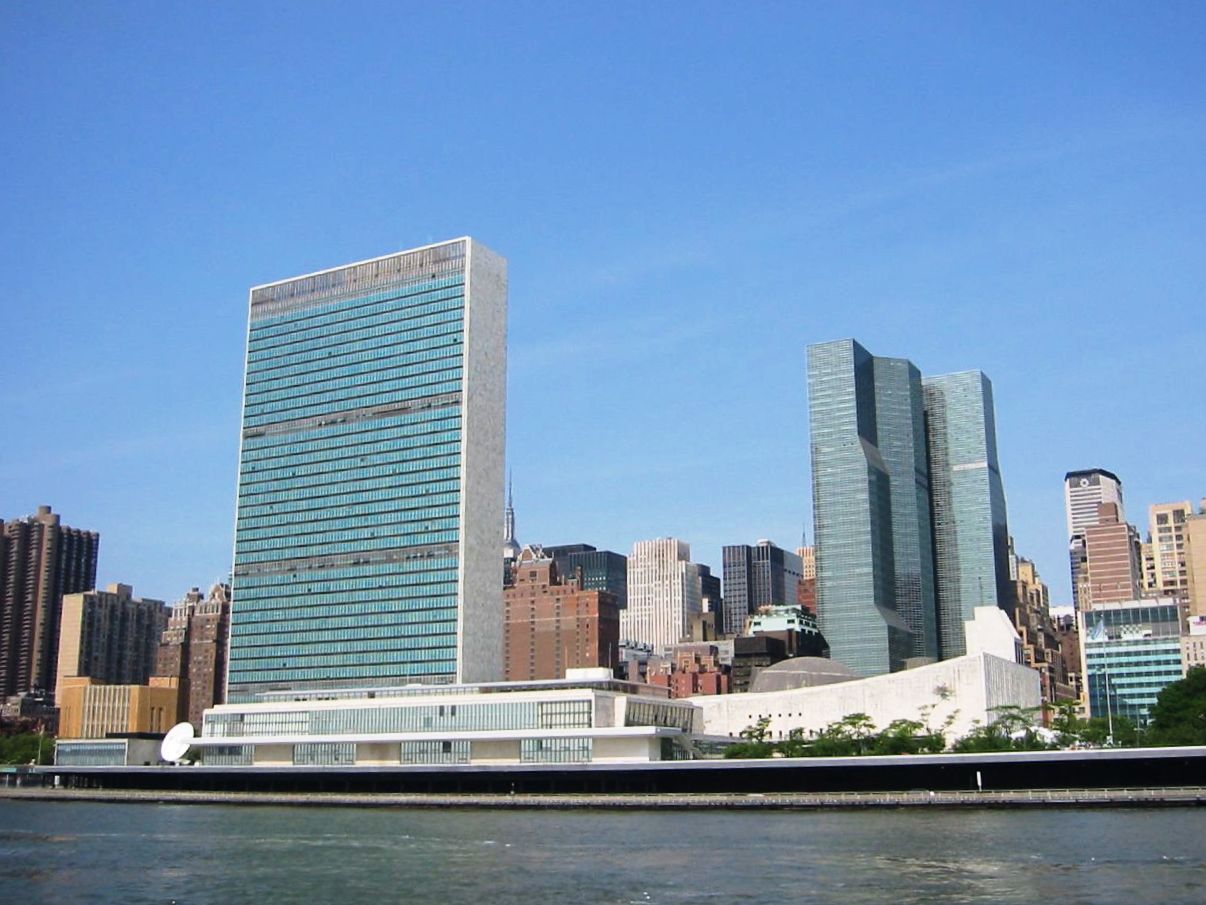
The war in Ukraine will significantly impact global efforts to deal with the climate emergency by driving up energy prices and placing energy security at the heart of policy making in many countries.
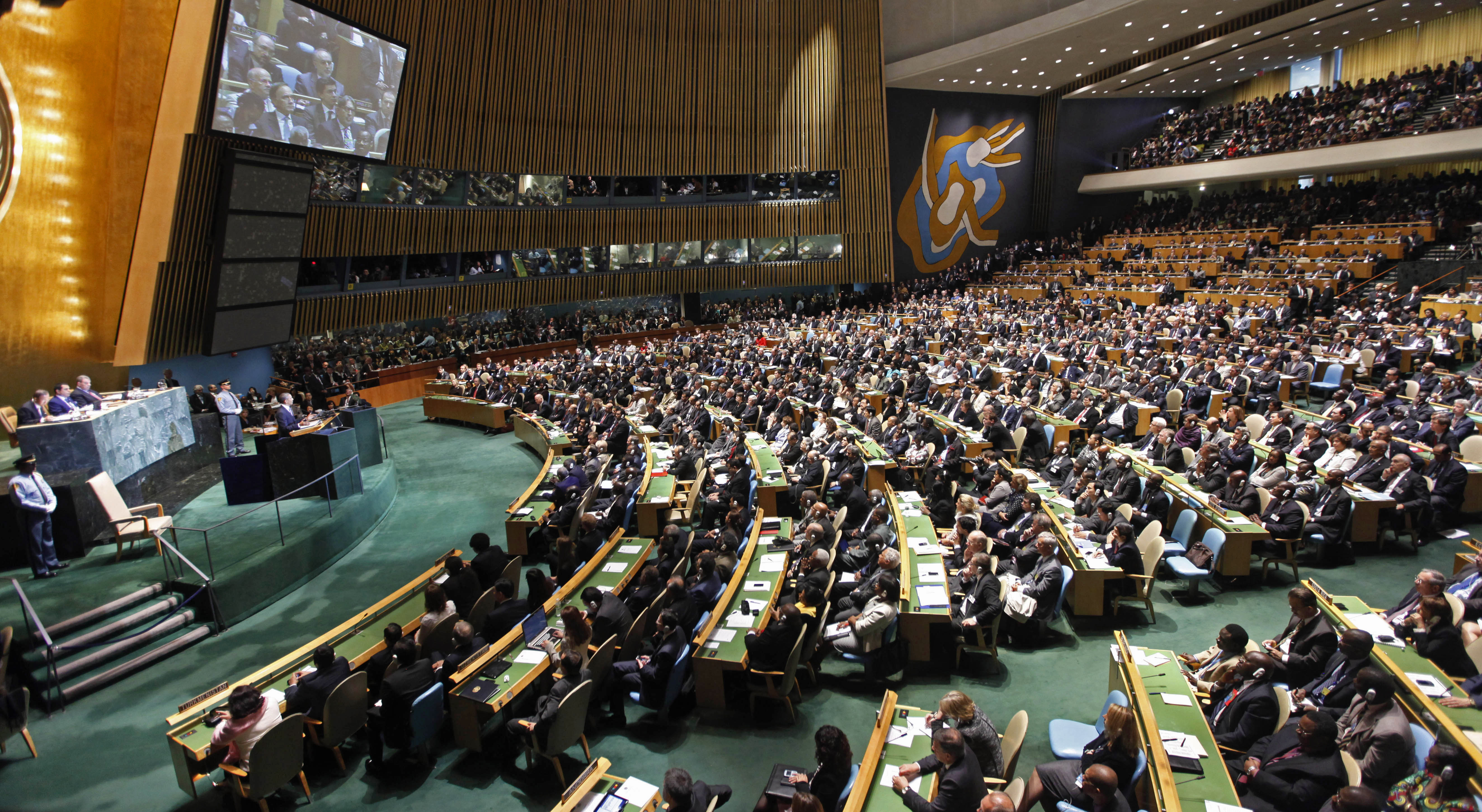
Global growth prospects have weakened significantly amid the war in Ukraine, rising energy, food and commodity prices, soaring inflation and tightening monetary policy stances by major central banks.
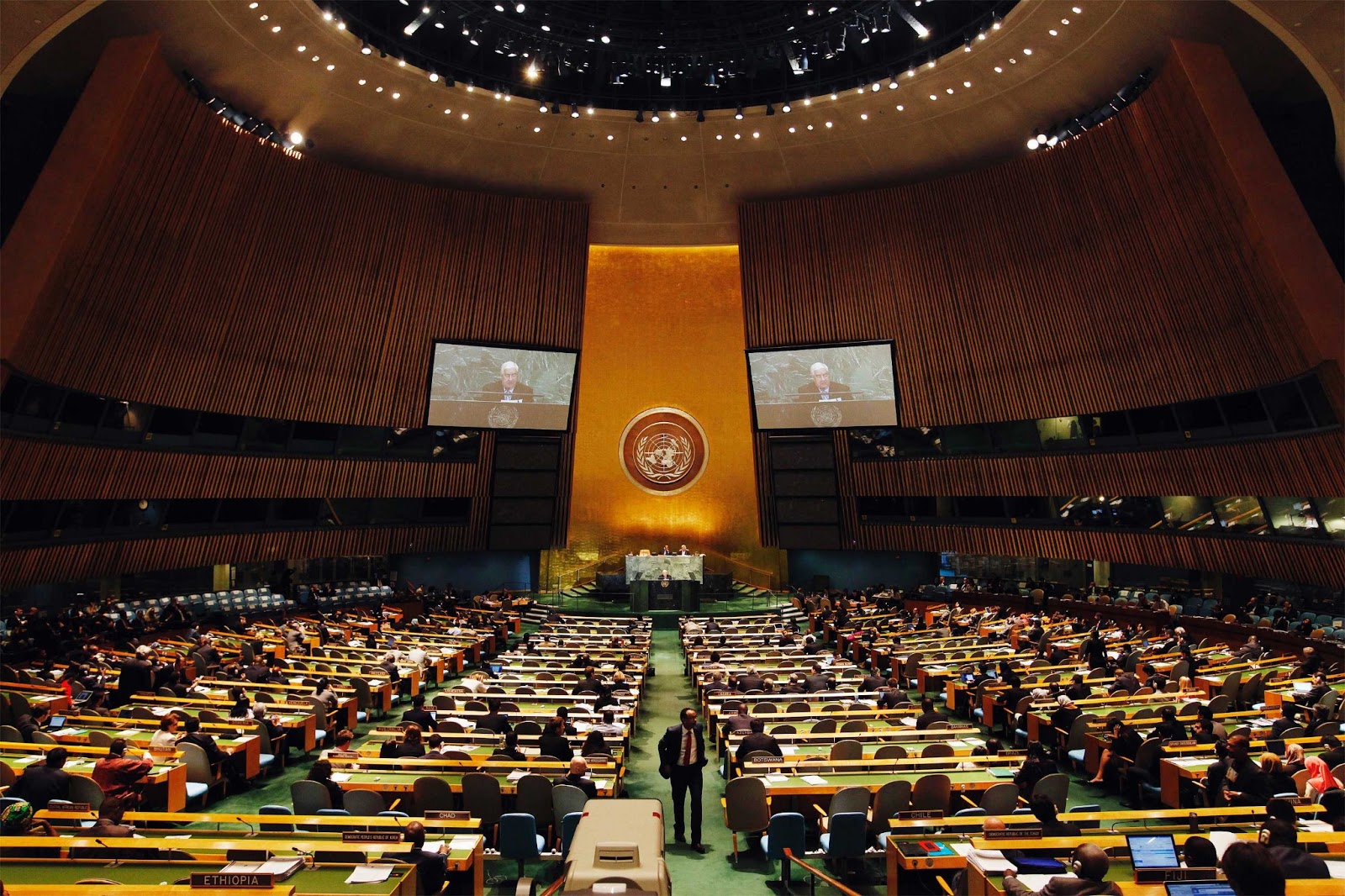
It is indispensable to incorporate a family perspective into migration policy analysis. Since families socialize and provide economically and emotionally for the next generation, they should be seen as essential for migrants? integration into new societies. Thus, policies facilitating family reunification, social protection and intergenerational support are key in successful integration.

The Data For Now initiative is supporting countries in developing their capacity to leverage innovative sources, technologies and methods to deliver better, more timely and disaggregated data for sustainable development.

Inflation is rising in many developing countries, driven by higher energy and food prices, supply chain disruptions and, in some cases, release of pent-up demand. Many central banks have responded with significant interest rate hikes.

The Ukraine war may lead to global, regional and national crises on multiple fronts: a refugee crisis; energy, metals and food price shocks; disruptions in global trade; and distress in financial markets.
 Welcome to the United Nations
Welcome to the United Nations
